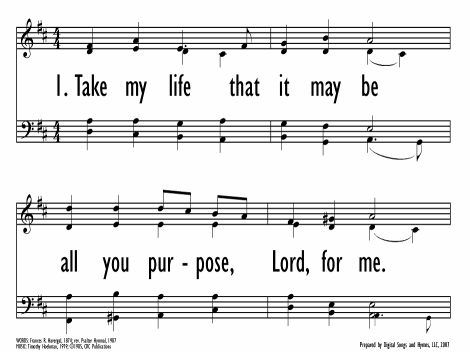- |
User Links
Holy Spirit, Truth Divine
Hymn Information
- First Line
- Holy Spirit, truth divine
- Author
- Samuel Longfellow (1864, alt.)
- Tune Name
- TEBBEN
- Composer
- Timothy Hoekman (1979)
- Topic
- Discipleship · Holy Spirit · Occasional Services: Ordination/Installation · Hymns That Are Prayer · Elements of Worship: Charge and Blessing
Copyright Information
- Text Copyright
- Public Domain
- Tune Copyright
- © 1985 Faith Alive Christian Resources
- Reprint/Projection Information
- Words: The Words are in the Public Domain; you do not need permission to project or reprint the Words.
- Music: Permitted with a license from CCLI.com or from OneLicense.net. If you do not own one of these licenses, please contact the copyright holder for permission.
Full Text
Scripture References
Further Reflections on Scripture References
Like "O Come, O Come, Immanuel" (328), this text is a catalog: it lists attributes of the Holy Spirit in successive stanzas. The text is a prayer that the application of the Spirit's attributes may result in more vibrant Christian living, which will then be manifest in discernment of God's will (st. 1), holiness and purity (st. 2), courageous servanthood (st. 3), obedience to God's rule (st. 4), peace and restfulness (st. 5), and the experience of joy (st. 6). The final stanza alludes to Numbers 21:17 ("song of the well") and to John 4:10 ("living water"). Note that this hymn addresses the Holy Spirit without any reference to the Trinity, a Unitarian position that should not, however, hamper its use.
Bert Polman, Psalter Hymnal Handbook
Confessions and Statements of Faith References
Further Reflections on Confessions and Statements of Faith References
To be sure, baptism provides the assurance “that God, by grace, has forgiven our sins because of Christ’s blood poured out for us in his sacrifice on the cross” (Heidelberg Catechism, Lord’s Day 26, Question and Answer 70). But it also involves the calling that “more and more we become dead to sin and live holy and blameless lives” (Heidelberg Catechism, Lord’s Day 26,
Question and Answer 70).
“Christ places baptism in the world as a seal of God’s covenant people, placing them in ministry” (Our Song of Hope, stanza 18). Consequently, “The Spirit calls all members to embrace God’s mission” (Our World Belong to God, paragraph 41). Our vocation is broad because Christ is Lord over all: “To follow this Lord is to serve him wherever we are without fitting in, light in darkness, salt in a spoiling world” (Our World Belongs to God, paragraph 43). Our identity thus determines our vocation.
Holy Spirit, Truth Divine
Additional Prayers
Dawn upon this soul of mine.
Glow within this heart of mine.
Fill and nerve this will of mine.
Reign within this soul of mine for Jesus’ sake. Amen.


 My Starred Hymns
My Starred Hymns





